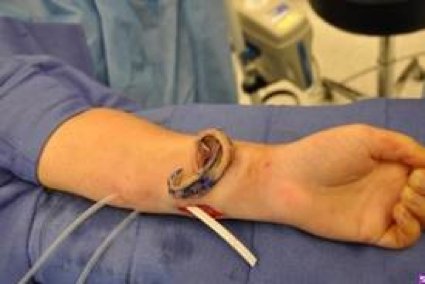Jeff Leek thinks Every professor is a startup. And works in a nice piece on Hilary Mason.
There has been a lot of discussion lately about whether to be in academia or industry. Some of it I think is a bit unfair to academia. Then I saw this post on Quora asking what Hilary Mason’s contributions were to machine learning, like she hadn’t done anything. It struck me as a bit of academia hating on industry*. I don’t see why one has to be better/worse than the other, as Roger points out, there is no perfect job and it just depends on what you want to do.
One thing that I think gets lost in all of this are the similarities between being an academic researcher and running a small startup. To be a successful professor at a research institution, you have to create a product (papers/software), network (sit on editorial boards/review panels), raise funds (by writing grants), advertise (by giving talks/presentations), identify and recruit talent (students and postdocs), manage people and personalities (students,postdocs, collaborators) and scale (you start as just yourself, and eventually grow to a group with lots of people).
The goals are somewhat different. In a startup company, your goal is ultimately to become a profitable business. In academia, the goal is to create an enterprise that produces scientific knowledge. But in either enterprise it takes a huge amount of entrepreneurial spirit, passion, and hustle. It just depends on how you are spending your hustle.




















